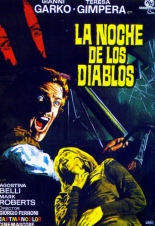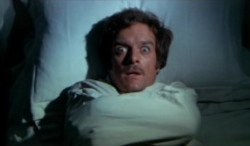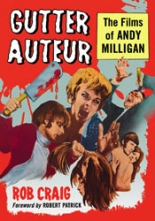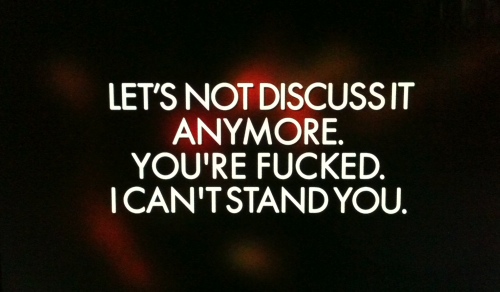
 Birds committing suicide by smashing into a Japanese airliner doesn’t bode well for its passengers. Shortly thereafter, a glowing UFO appears and forces the plane to crash-land in a remote area not only without water, but an almost equal hope of rescue.
Birds committing suicide by smashing into a Japanese airliner doesn’t bode well for its passengers. Shortly thereafter, a glowing UFO appears and forces the plane to crash-land in a remote area not only without water, but an almost equal hope of rescue.
Among the survivors is a white-gloved, would-be terrorist (Hideo Ko, Horrors of Malformed Men) who wanders into a cave where a blue blob of space Jell-O throbs and telepathically splits his forehead vertically, from hairline to nose tip – or, as a fellow passenger puts it, “like a pomegranate.” Now under the control of an unseen alien force, he becomes the host for its bidding.
The aliens’ objective: Exterminate the human race. They do it via body snatching. You know how to snatch a body, don’t you? You just press your lips together and suck a neck.
 In Goke, Body Snatcher from Hell, there exists a surfeit of survivors arguing over who will leave the confines of the downed jet and when. Pacing and padding issues, however, are made up for in the vibrant visuals. Impressive miniatures in the plane crash and rockslides (both of them) are one thing; the use of saturated color is another — even the plane’s pilots make note of it in the opening scene.
In Goke, Body Snatcher from Hell, there exists a surfeit of survivors arguing over who will leave the confines of the downed jet and when. Pacing and padding issues, however, are made up for in the vibrant visuals. Impressive miniatures in the plane crash and rockslides (both of them) are one thing; the use of saturated color is another — even the plane’s pilots make note of it in the opening scene.
While the title links itself to the classic pod-people Invasion of 1956, Goke appears to hold influence itself, most notably on 1987’s The Hidden. More than just sci-fi shocks, the film is a pointed commentary on the nuclear age from Hajime Sato, the director of Terror Beneath the Sea, with the most memorable moments arriving in the final minutes. —Rod Lott



 Gianni Garko (
Gianni Garko (


 The story behind
The story behind